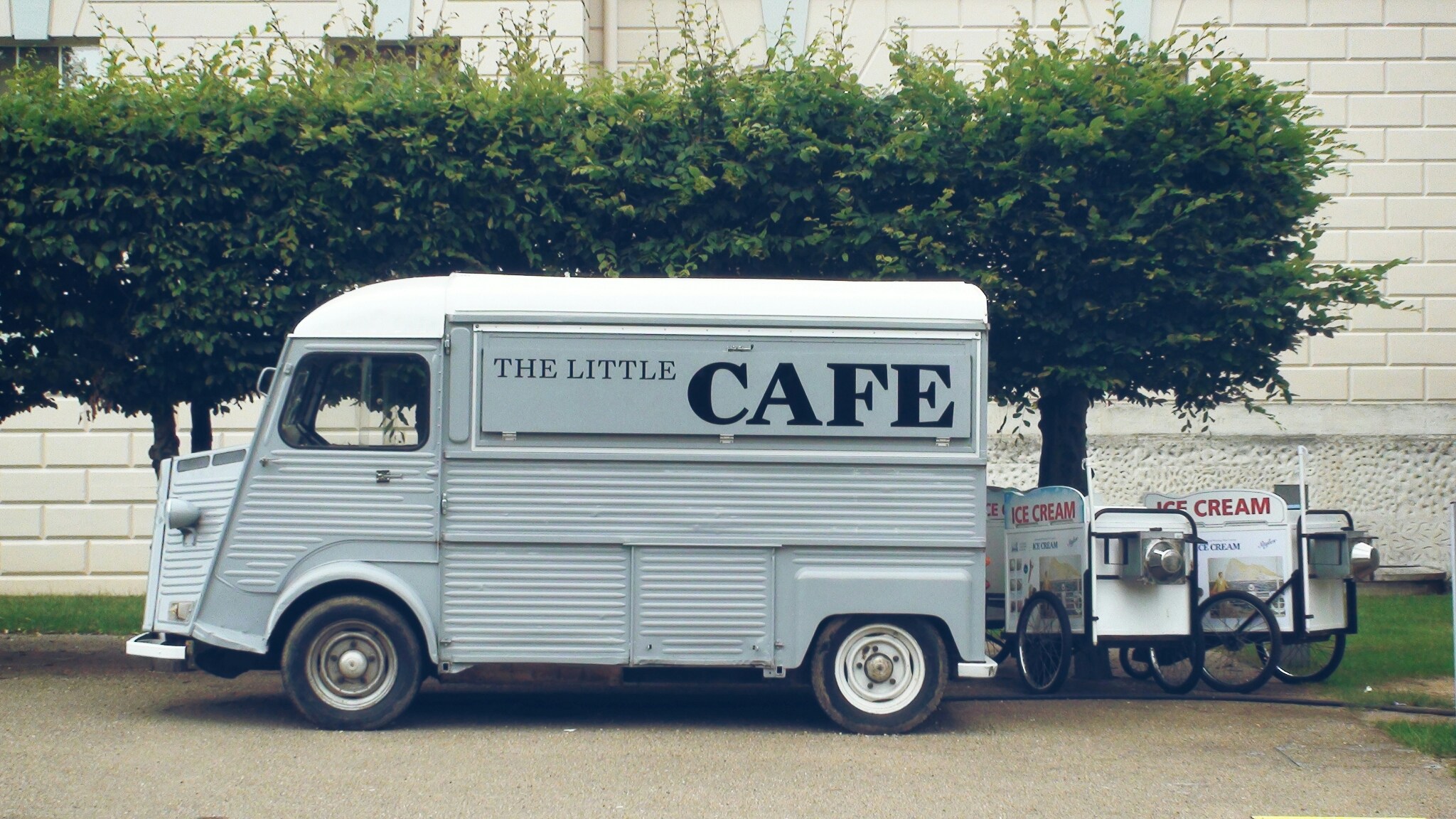Alberto’s blue eyes looked out over the crowd, creasing into slits as his face broke into a vendor’s smile. The returning customers, getting the special, new customers asking what was good and scanning the shelves of his catering truck looking for something that might surprise them, and a few others smoking cigarettes outside the factory gates that might come over later for coffee. He hated this job. He hated everything from the old truck’s semi-reliable gearbox and worn brake pads to the smell of tuna to the sights of people eating. Hatred was new, building a symbiotic relationship with his usual exhaustion.
In the beginning, having emigrated to Toronto with his mother, the possibilities seemed endless. In Italy, as the bastard son of a war widow, his only way up and out of small-town gossip and rural poverty was a scholarship to boarding school. He hated it there; he had told his mother when he came home after flunking out. It didn’t matter because the man who was killed in the war, making his mother a widow, had opened up the military as a possibility; I’ll be a pilot and fly planes, except that he failed the entrance exam. It didn’t matter because they would immigrate to Canada, and he would learn a trade. But Alberto did the least work possible and never got a degree or a certificate.
It didn’t matter because he had a job. The restaurant business was booming, and a piece of paper counted for nothing against experience. He moved quickly through the ranks, bussing tables to waiter and from head waiter to maitre’d.
Alberto had so many girlfriends that I, his niece, thought I saw them everywhere. She would be walking on the street, sleeping in a car on the side of the highway, and even substitute teaching my second-grade class. Of course, I was responding to the fact that he was drawn to a certain look in a woman. Each one is at least a decade older, slim, very pale, and with jet-black hair.
During these years, my uncle sported a thick, curly head of hair and a mustache and always had the scent of aftershave to announce his entrances and exits. He wore shiny suits, often with matching ties, dark shirts, and pointy-toed Chelsea boots or oxfords. He always had money, pressing bills into my hands, driving newer and shinier cars, and living in newer and shinier penthouse condos.
His golden age culminated in the opening of his restaurant. The location was not so great, but the business started well. Gradually, the customers became fewer; it’s too far out of the way, the food is good but too expensive for what it is, it’s in a part of town I don’t want to be in, the food is too old school Italian. He invited me to dinner there one night. I brought along my two housemates, and we sat in the dim dining room and ate spinach salad and eggplant parmigiana and had red wine. We tried not to notice that we were the only ones there. We wanted to pay but were told it was on the house. We left a big wad of bills on the table anyway and never returned.
In the end, he and his wife, the last of a succession of women with a certain look, declared bankruptcy and, when taking me to the bank to put some money in my name so the creditors couldn’t access it, he told me that it didn’t matter, I’ll find something.
Something was more challenging to come by; jobs through old contacts never lasted that long, and the stretches between them grew longer. During this time, he and my aunt hatched schemes to open hotels and restaurants in Florida, Mexico, Argentina, and Brazil. Each time, this required me to go to the bank with him and release some money until it ran out, and then they borrowed from his mother, my grandmother until that ran out. With the inheritance he got when she died, he started a limo company that failed, a long-haul truck franchise license that failed, and finally, with the last of it, a catering truck.
I like driving; he once told me you can go anywhere. He still had curly hair, mostly grey, and a mustache, which I think he dyed. He wore pointy shoes but no shiny clothing anymore. Just the dullness, the creases in his face hardening. The loathing of everything and everyone dampened only by the hard ache of time.
So, here he was, a long distance from where he should be. All the workers headed back inside to work as the factory whistle signaled the end of the lunch shift. Alberto closed the panels of the truck and stepped back into the driver’s seat.
